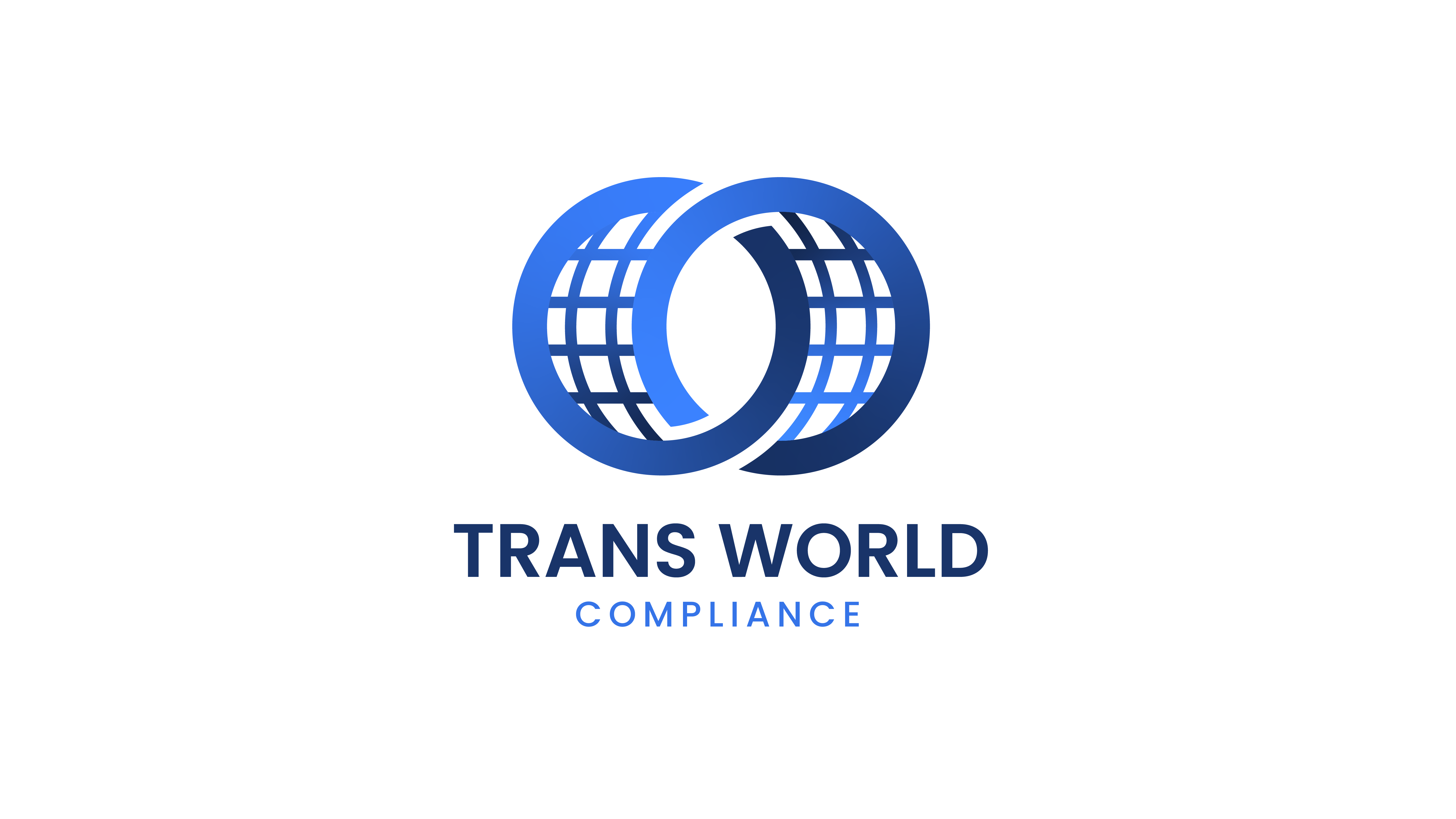Deutsche Bank fined �10mn by Spanish regulator over forex mis-selling Financial Times https://www.ft.com/content/ec6833b1-ae87-47ff-9ffe-e5cc3dbc293f Spain's financial regulatory authority has imposed a �10 million fine on Deutsche Bank due to mis-selling high-risk foreign exchange derivatives, highlighting ongoing misconduct issues within the bank's Spanish operations. The National Securities Market Commission (CNMV), Spain's top financial oversight body, charged the leading German lender with "very serious infringements" of both Spanish and EU law. It criticized Deutsche Bank for inadequately informing its corporate clients about the substantial risks linked to these derivative products, which led to significant financial losses. This penalty marks the CNMV's third-largest fine ever, and, in addition to the monetary sanction, the bank has been banned from offering investment advisory services related to these products for one year, as the regulator emphasized that Deutsche Bank did not prioritize its clients' best interests. SEC Ousts Top Litigator Who Battled With Crypto Giants The Wall Street Journal https://www.wsj.com/finance/currencies/sec-ousts-top-litigator-who-battled-with-crypto-giants-558548a8 The Securities and Exchange Commission (SEC) appears determined to distance itself from its contentious relationship with the cryptocurrency market, as it decided to reassign Jorge Tenreiro, the agency's leading litigator who had overseen several critical lawsuits against crypto exchanges, to a role focused on maintaining the agency's computer systems. Additionally, a lawyer involved in developing controversial accounting guidelines that complicated crypto custody for banks has also been reassigned. This shift comes as the SEC seeks to mend ties with crypto firms following significant investments made by major exchanges into super political-action committees that supported lawmakers aligned with the industry. Notably, President Trump, a strong advocate for cryptocurrency, recently sold his own digital token, which is valued at approximately $3.5 billion. Lloyds hit with �1bn tax bill after legal challenge fails Financial Times https://www.ft.com/content/390c2f08-c033-4756-80e7-b60645e9450b Lloyds Banking Group is facing a �1 billion tax bill after losing the initial round of its legal battle with HM Revenue & Customs (HMRC) regarding financial losses from its Irish operations following the financial crisis. In a highly anticipated ruling, a tribunal in London rejected the bank's legal challenge against HMRC concerning the disposal of substantial Irish property loans valued in the billions. Lloyds sought tax relief for losses incurred on these assets, which it acquired during its �12 billion government-supported acquisition of Halifax Bank of Scotland in 2008, at the peak of the crisis. Less than two years later, Lloyds decided to wind down its Irish operations, which had accumulated �24.7 billion in loans, revealing that a staggering 90 percent of its Irish commercial property loan portfolio was impaired. However, HMRC contests Lloyds' claim to tax relief, asserting that the bank's intention to seek this relief influenced its decision to exit the market.

